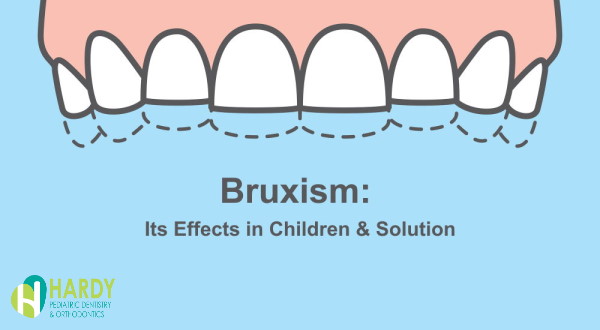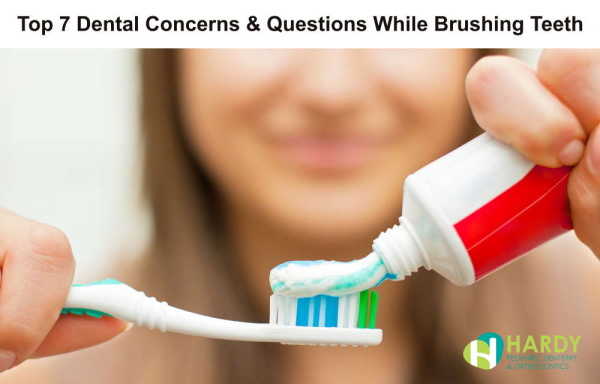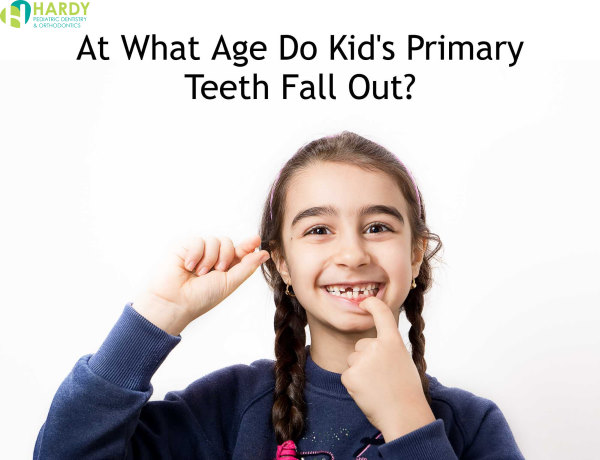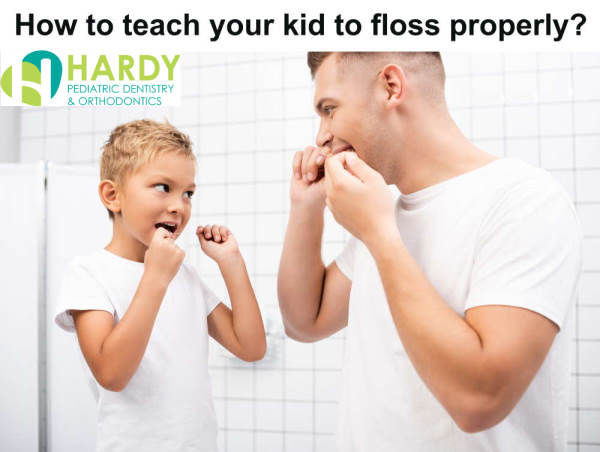Causes and Effects of Teeth Grinding (Bruxism) in Kids and Its Treatment
Children Teeth Eruption: Know More About Its Order of Development
August 4, 2021Follow These Easy Tips to Avoid Dental Caries in Children
August 11, 2021
Bruxism, otherwise called teeth grinding, is a sort of condition wherein an individual grinds their teeth. If a person suffers from this condition, the person may habitually gnash their teeth without them being aware of it. This sort of unhealthy action can occur when they are awake (awake bruxism) or when they are asleep (sleep bruxism). About 2-3 children out of 10 suffer from bruxism because it typically occurs when baby teeth or permanent teeth erupt. Nevertheless, this condition generally disappears on its own.
Learn teeth eruption order in kids.
The Reason Why Children Grind Their Teeth
Generally, dental specialists are not able to exactly determine the reason why bruxism occurs. However, there are many theories such as:
- Teeth misalignment in the top and bottom jaws
- ADHD or hyperactivity
- Certain clinical conditions
- Stressful situations such as when the kid is anxious, nervous, or angry regarding about their family or school life.
- Genetics – There is a bigger possibility of a kid developing bruxism if the child’s family members have a history of suffering from teeth grinding.
See The Most Paramount Factor Influencing Teeth Grinding.
Effects of Teeth Grinding in Kids
Usually, the child nor the parents or guardians are able to detect this condition since it typically doesn’t cause much issues. Furthermore, this condition normally disappears as the child outgrows it. However, in some cases, bruxism still keeps on happening even during adulthood. When it does, some effects may occur like:
- Headaches or earaches
- Worn tooth enamel
- Flattened, cracked, deformed, damaged tooth, or other signs of teeth grinding
- Facial pain
- Jaw pain
- Heightened sensitivity to hot and cold foods or drinks
- Temporomandibular Joint (TMJ)
- Behavioral issues
- Sleep problems
Diagnosis of Bruxism in Children
A child may not be able to detect this condition on his or her own since teeth grinding usually happens when they’re asleep. A parent or sibling is likely the one who’ll be able to notice it as it happens. Moreover, although bruxism normally doesn’t cause any problems, the child suffering from it may sometimes experience jaw pain as they open or close their mouth. It is recommended to see a dentist so they can do a thorough examination on your kid and determine whether your child has bruxism or not.
Treatment for Bruxism in Kids
There is no specific medicine or treatment that actually treats bruxism. The best way is to prevent it from leading to other issues. Check out the tips below for dealing with this condition and avoiding its long-term effects:
- Use a Night guard – Like what athletes wear to ensure their teeth are protected from external harm, a customized night guard can protect a child’s teeth from grinding when they’re asleep.
- Relax before sleeping – It is advised to do relaxing activities such as listening to soothing music, taking a warm bath, or reading a short book before bedtime if your kid suffers from physical or psychological issues which may have been the cause of their teeth grinding.
- Talk with your child – It is better to communicate with your kid to check if there is any problem with them so you can help and find a way to solve the issue that’s been causing them anxiety or stress.
- Use toothpaste with Enamel-strengthening – This kind of toothpaste can help minimize the wear or damage to the tooth enamel.
- Check your child’s medications – Consult with your doctor about the medication that your child is currently taking as one or some of them may have been the culprit of your kid’s teeth grinding.
7 Tips to Avoid Dental Caries in Children
Sources:


